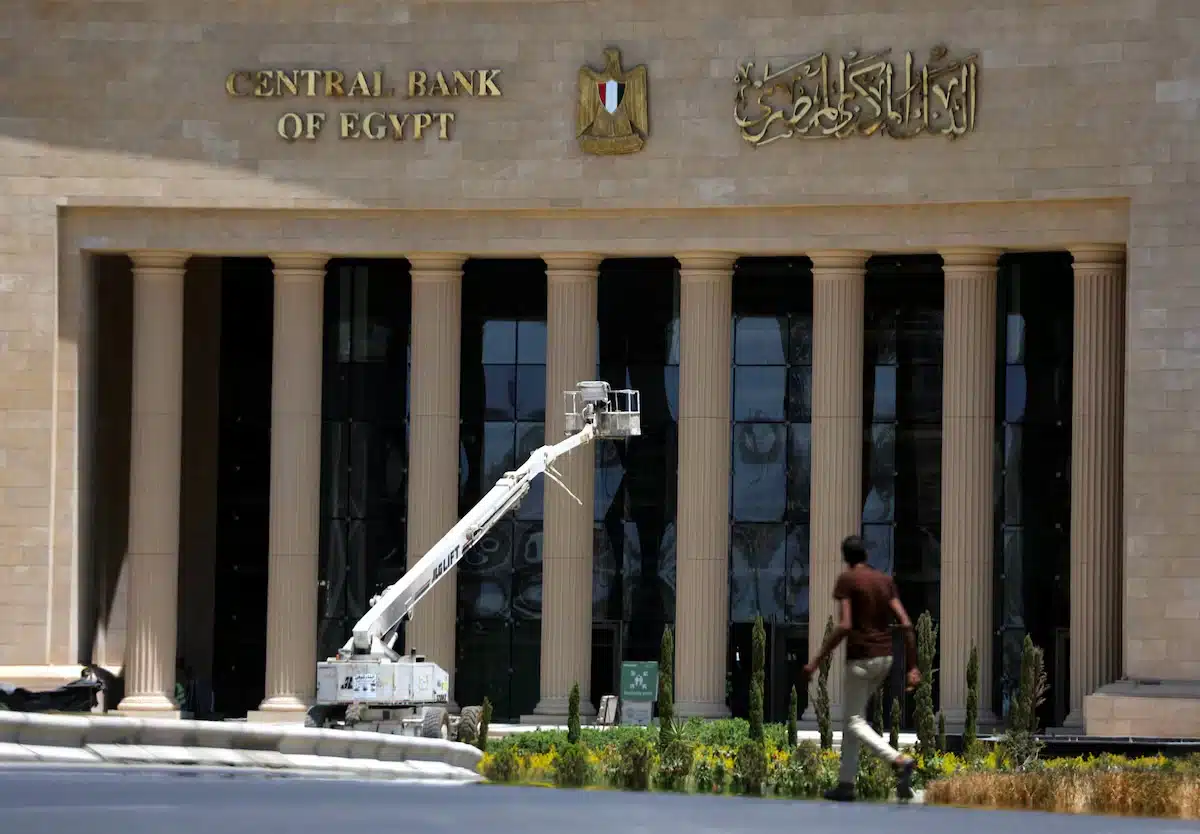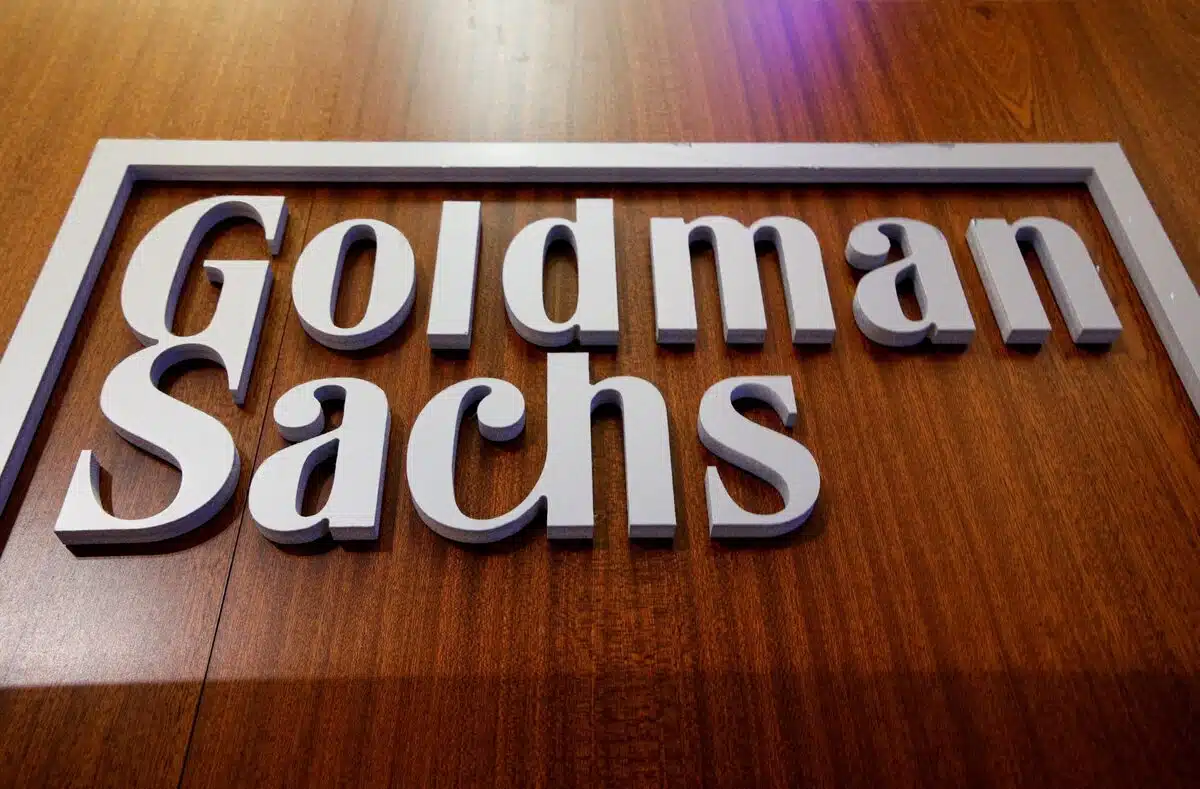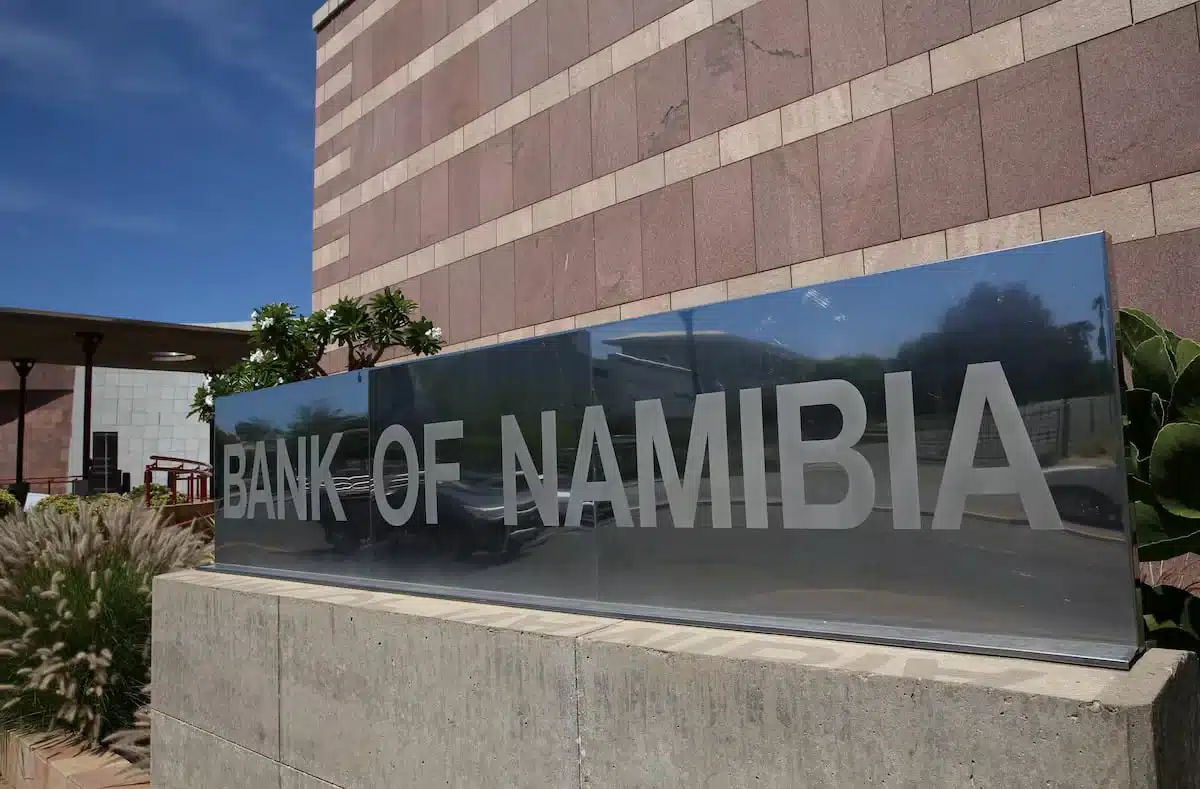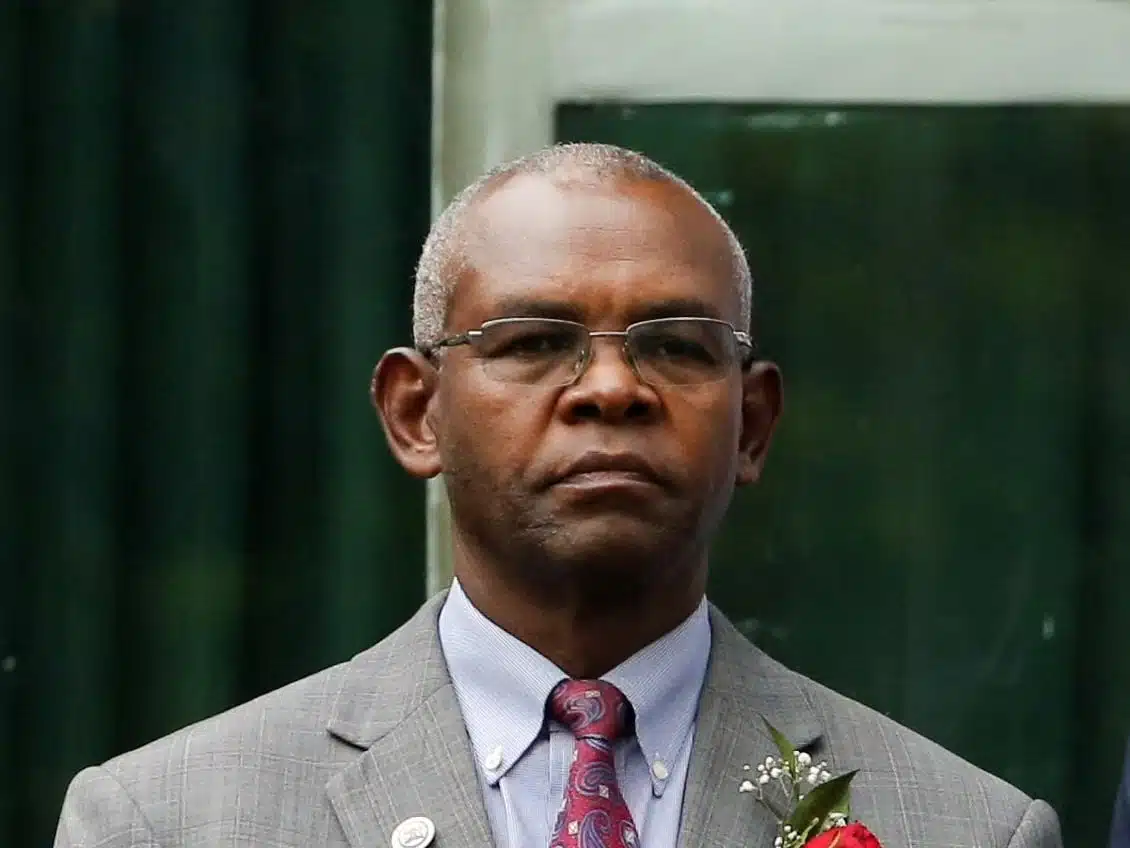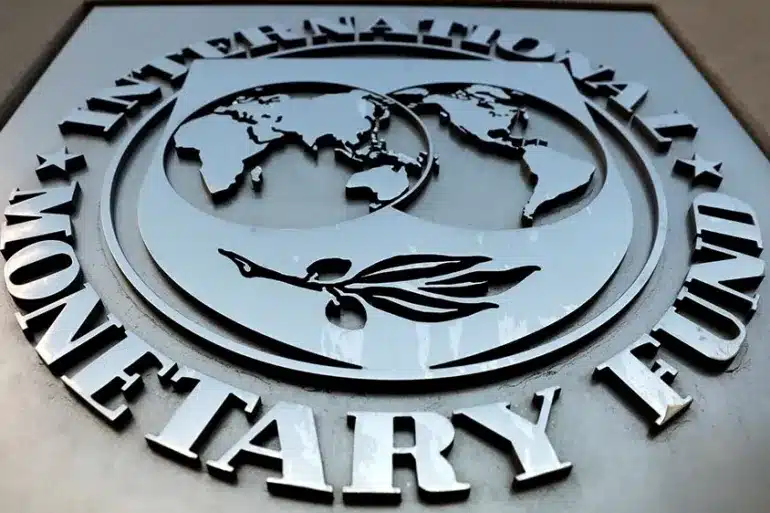The Central Bank of Egypt (CBE) held its key interest rate steady at 25% on Thursday, marking its first pause since February 2025 as it moves to anchor inflation expectations and assess the impact of newly introduced fiscal reforms.
Following its fourth policy meeting of the year, the Monetary Policy Committee (MPC) announced it had decided to maintain the overnight deposit rate at 24%, the overnight lending rate (benchmark) at 25%, and the main operation rate at 24.5%.
The decision halts a recent monetary easing cycle, during which the CBE cut rates by 225 basis points in April and another 100 basis points in May. Those reductions aimed to support Egypt’s economic recovery and reinforce investor confidence under an ongoing International Monetary Fund-backed reform programme.
Now, however, policymakers are taking a more cautious approach. While headline inflation has moderated in recent months, the central bank flagged persistent external risks, including geopolitical tensions, global supply chain disruptions, and the uncertain impact of recent value-added tax (VAT) amendments on domestic prices.
“In view of the above, the MPC judges that maintaining policy rates at their current level is appropriate to support the disinflation path,” the central bank said in a statement.
Inflationary pressures ease
Egypt’s inflationary pressures have eased significantly compared to last year.
Annual inflation stood at 12.4% in February, nearly half the level recorded in February 2023, largely due to favourable base effects.
More recently, headline inflation dropped to 14.9% in June from 16.8% in May, ending a three-month upward trend.
Core inflation, which excludes volatile food and fuel prices, also declined in June, falling to 11.4%.
Month-on-month, both headline and core inflation recorded mild deflation—negative 0.1% and negative 0.2%, respectively—mainly due to lower food prices and broadly stable non-food inflation.
For the second quarter of 2025, annual headline inflation averaged 15.3%, compared to 16.5% in Q1.
The improvement, according to the CBE, has been supported by “broadly stable monthly dynamics, a sufficiently tight monetary stance, and subsiding shocks.”
MPC members now expect inflation to stabilise around current levels for the remainder of 2025 and gradually decline in 2026, provided that fiscal reforms do not reignite price pressures.
The central bank is targeting inflation of 7% (±2 percentage points) by the fourth quarter of 2026.
Recovery taking hold, but output gap persists
Egypt’s disinflation path is buoyed by improving economic activity.
The CBE’s nowcast for the second quarter shows growth tracking close to the 4.8% annual rate recorded in Q1 2025—double the 2.4% growth seen in Q2 2025.
While the output gap—the difference between actual and potential economic output—remains slightly negative, it is gradually narrowing, the bank said.
The bank expects the economy to reach full potential by the end of fiscal year 2025/26.
“Accordingly, demand-side inflationary pressures are expected to remain subdued, supported by the current monetary stance,” the CBE affirmed.
VAT reforms prompt pause in easing cycle
Another key factor behind the CBE’s decision to hold rates is the government’s recent VAT reform package, announced on June 29.
The amendments seek to broaden the tax base without raising the general 14% VAT rate.
Changes include moving construction services from a 5% schedule tax to the standard VAT regime, thereby allowing input tax deductions.
A 1% VAT has been introduced on commercial property rentals and sales, and crude oil sales are now subject to a 10% VAT. The reforms also adjust taxation on alcohol and tobacco products.
The central bank is watching these changes closely, particularly their pass-through effects on inflation.
“A wait-and-see approach is required before proceeding further with the monetary easing cycle,” the MPC noted, adding that the pause allows time “to gauge the possible effects of recently announced legislative amendments, such as value-added tax reforms.”
CBE remains focused on price stability
Looking ahead, the CBE reiterated that future interest rate decisions will remain focused on achieving price stability.
“The Committee will continue to evaluate its decisions regarding the magnitude and pace of policy adjustment on a meeting-by-meeting basis,” the bank said. “The MPC will closely monitor economic and financial developments, and will not hesitate to utilise all tools at its disposal to achieve its price stability mandate.”
With inflation retreating and the economy showing signs of stabilisation, Egypt’s policymakers appear focused on minimising risks while keeping a firm grip on price expectations in the face of domestic reform and external volatility.

